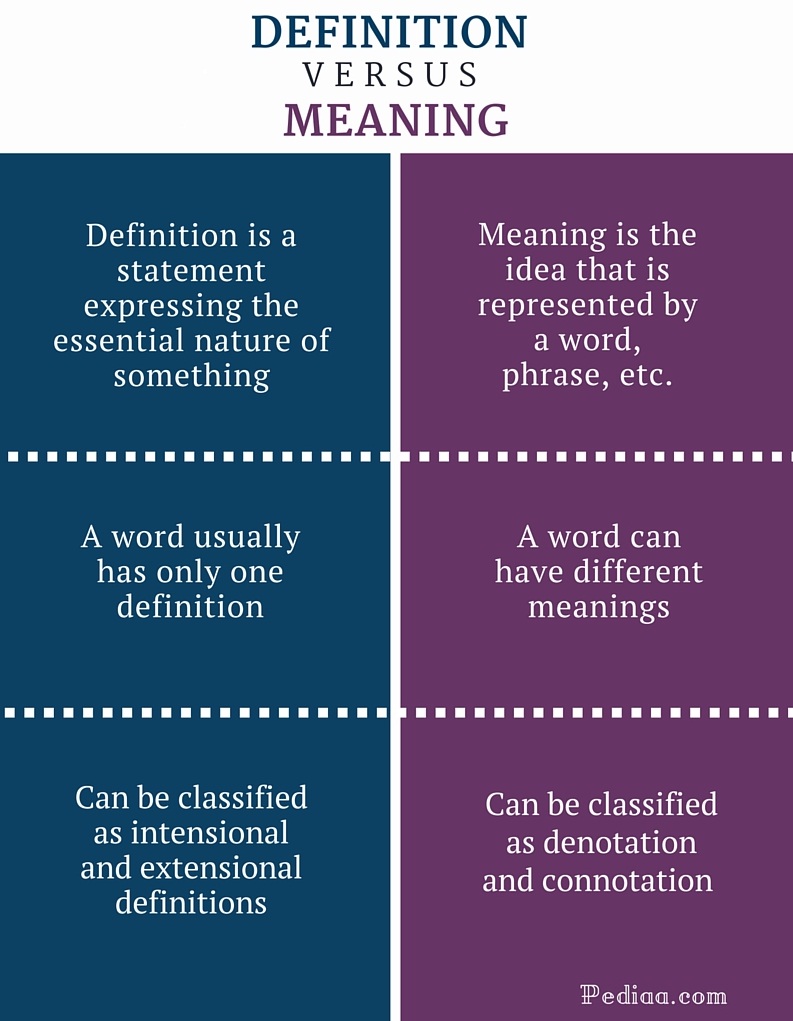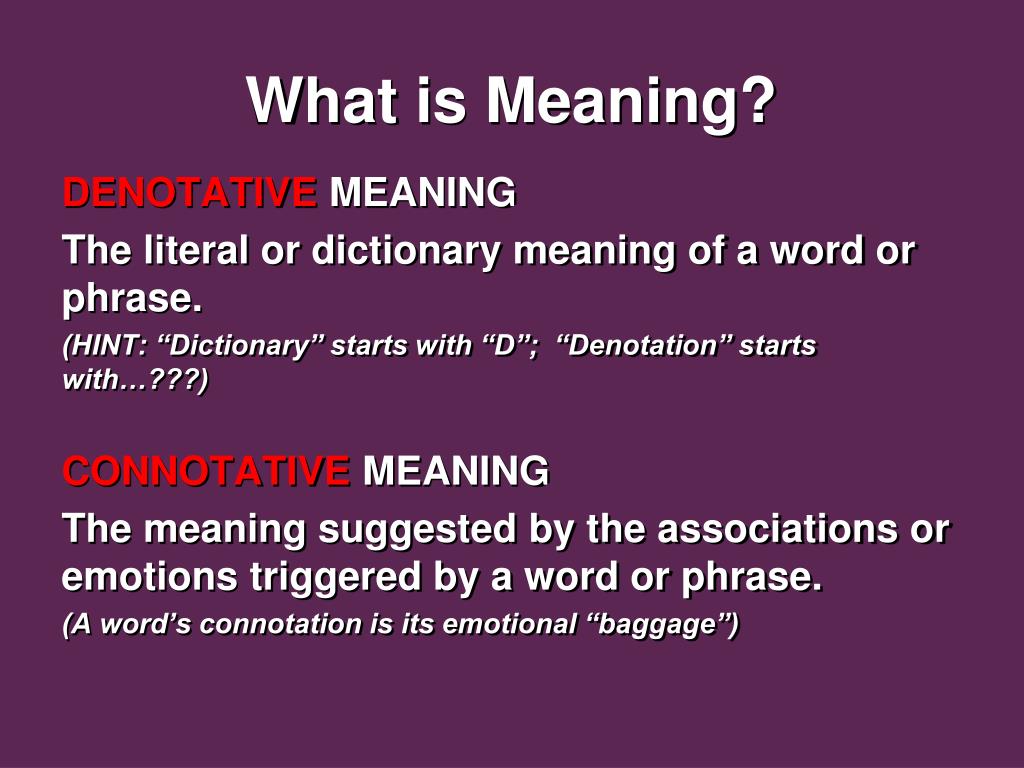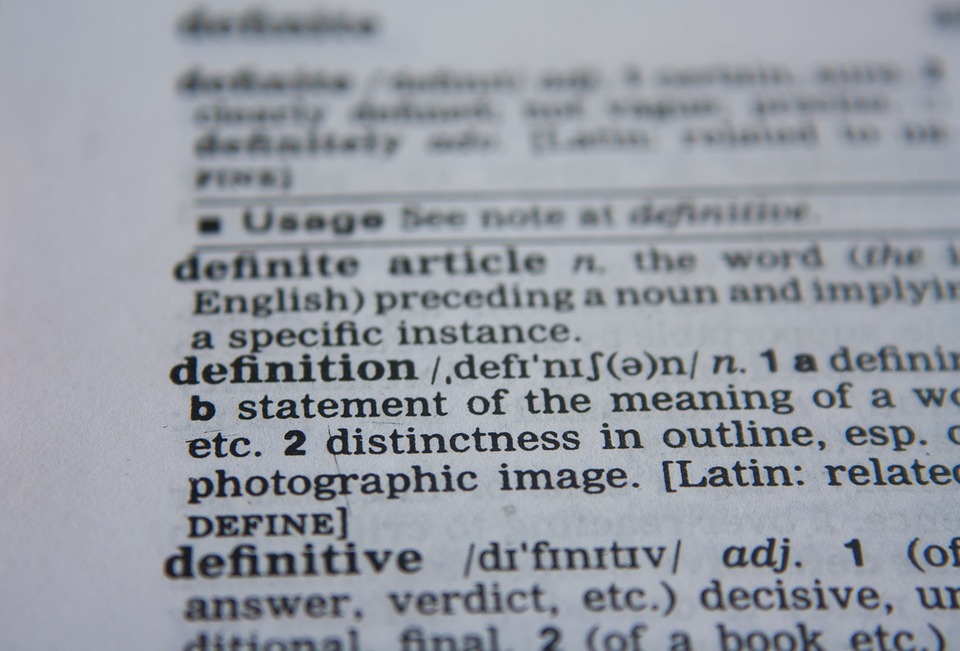The Meaning Of The Ending Of Lost - What It All Means
For so many people who followed the story of the Oceanic 815 survivors, the very last moments of the show "Lost" left a lasting impression, to say the least. It sparked conversations that stretched on for years, with folks trying to piece together exactly what it all added up to. This grand television saga, known for its deep mysteries and surprising turns, gave us a conclusion that, for some, felt like a complete puzzle, while for others, it still held a bit of a misty quality, a question mark hanging in the air. The desire to grasp the true meaning of the ending of Lost became a sort of shared quest for many viewers, a way of understanding the journey they had been on with these characters.
When we talk about the meaning of something, it's often about what someone intended to put across, especially through words or actions. In the case of a television show, that "someone" is the group of writers and creators who crafted every scene, every piece of dialogue, and every big reveal. They had an idea they wanted to express, a final thought they wished to leave with everyone watching. Getting to grips with the meaning of the ending of Lost, then, involves looking at what those storytellers aimed to communicate with their final scenes, what kind of message they hoped would resonate with us all.
A meaning can also be what something expresses or stands for, the idea it brings to mind. So, the ending of "Lost" isn't just about what the creators had in their heads; it's also about what the final images and moments represent to us, the audience. It’s about the ideas that come forward from those scenes, the feelings they stir, and the bigger picture they paint about the characters' lives and their time on the strange island. Many people, you know, find themselves thinking about the worth and purpose of human existence when they reflect on the meaning of the ending of Lost, and that's perfectly natural given the show's themes.
- Waltons Cast Now And Then
- How Old Is Wayne Newton
- Elvis Presleys Last Concert
- How Old Are The Sprouse Twins
- New Amsterdam New Season
Table of Contents
- What Did the Creators Want to Convey About the Meaning of the Ending of Lost?
- The Shared Journey and the Meaning of the Ending of Lost
- How Does the Ending Represent the Characters' Purpose and the Meaning of the Ending of Lost?
- The Idea of Connection in the Meaning of the Ending of Lost
- Was the Island a Purgatory - Unpacking the Meaning of the Ending of Lost?
- The Deeper Significance of the Final Moments and the Meaning of the Ending of Lost
- What Does the Ending Suggest About the Worth of Their Existence and the Meaning of the Ending of Lost?
What Did the Creators Want to Convey About the Meaning of the Ending of Lost?
When a storyteller crafts a tale, they usually have a particular message they wish to put across, a specific intention behind their creation. For the folks who brought "Lost" to our screens, their final vision was to express something very particular about the characters' lives. The ending, you see, was designed to show that the island itself wasn't purgatory, as some people thought while watching. Rather, it was a very real place where these characters lived, struggled, and grew. The "flash-sideways" scenes, which showed the characters in a different kind of reality, were meant to be a sort of waiting room, a space they created together to remember and find one another before moving on. So, in some respects, the creators were trying to show that the connections formed were the most important part of everything that happened.
The Shared Journey and the Meaning of the Ending of Lost
The idea that a person wants to express using words or signs often comes from a deep place, a core belief. For the creative minds behind "Lost," the core belief they wanted to share was that the journey itself, especially the one shared with others, holds the most value. The meaning of the ending of Lost, when seen through this lens, becomes less about solving every single island mystery and more about the growth and change the characters experienced because of their relationships. It was about how they helped each other, how they faced challenges together, and how those bonds shaped who they became. This shared experience, really, was the central point the storytellers aimed to highlight, suggesting that human connection is the real treasure.
How Does the Ending Represent the Characters' Purpose and the Meaning of the Ending of Lost?
Every story, in a way, has a purpose, a reason for being told. The meaning of something is what it expresses or stands for, and the ending of "Lost" certainly expresses a lot about the characters' individual and collective purposes. It shows them reaching a point of peace, a moment where they fully grasp why they were brought together. The island, you know, served as a crucible, a place where they were forced to confront their pasts, their flaws, and their true selves. Through this process, they found a deeper sense of who they were meant to be, often tied to helping one another or protecting the island itself. Their purpose, it seems, was intertwined with their shared experiences.
- Best True Crime Docuseries 2024
- Baby Clydesdale Budweiser Commercial
- Gold Medal Prize
- Dolly Parton Then And Now
- Maury Show
The Idea of Connection in the Meaning of Connection in the Meaning of the Ending of Lost
The idea that is represented by a word or a phrase can often be quite powerful. In "Lost," the idea of connection, of belonging, is represented very strongly in the final scenes. The meaning of the ending of Lost truly revolves around this profound sense of togetherness. The characters, even those who had disagreements or troubled histories, found a kind of family on the island. The ending shows them reuniting in a serene, peaceful setting, recognizing each other, and moving on together. This suggests that the ultimate purpose of their time, both on the island and in that flash-sideways existence, was to find these essential human bonds. It was about finding the people who truly saw them, understood them, and loved them for who they were.
Was the Island a Purgatory - Unpacking the Meaning of the Ending of Lost?
One of the biggest questions that lingered for many viewers was whether the island itself was a sort of afterlife or purgatory. The ending, however, quite clearly expresses a different idea. The meaning of the ending of Lost, as explained by the creators, is that the island was a very real place where real events happened, and the characters truly lived and died there. The "flash-sideways" world was the place they went *after* their lives on the island and elsewhere had ended. It was a spiritual gathering point, a place they created collectively to remember their lives and the people who mattered most. So, no, the island wasn't purgatory; it was the stage for their very real, very impactful lives, a bit like a training ground for their souls.
The Deeper Significance of the Final Moments and the Meaning of the Ending of Lost
When something expresses a particular intention or significance, it carries a weight that goes beyond the surface. The final moments of "Lost," with Jack closing his eyes and Vincent the dog by his side, are full of this kind of deeper significance. The meaning of the ending of Lost, in this sense, is about finding peace and completion. It represents the end of a long, difficult journey, a moment of rest after much struggle. It also signifies that Jack, who carried so much responsibility, finally found his own personal resolution. The image, you know, is meant to convey a sense of calm and acceptance, a quiet conclusion to a life lived with great purpose.
What Does the Ending Suggest About the Worth of Their Existence and the Meaning of the Ending of Lost?
When we consider the meaning of life, we often think about the significance, purpose, or worth of human existence. The ending of "Lost" truly invites us to ponder these very big questions concerning the characters. It suggests that the worth of their existence was found not in solving every mystery or escaping every danger, but in the connections they made and the personal growth they experienced. The meaning of the ending of Lost, in this broader sense, becomes a statement about how our lives are shaped by the people we meet and the bonds we form. It tells us that the love, friendship, and shared experiences are what truly matter, and these are the things we take with us when our time comes to an end. It's a rather comforting thought, really, about what truly lasts.
The ending of "Lost" is, in many ways, an interpreted goal, an intent, or an end that wraps up the story in a way that emphasizes human connection and personal journeys. It is a conclusion that asks us to look beyond the immediate plot points and consider the deeper emotional and spiritual journeys of the characters. The meaning of the ending of Lost, then, is a layered one, much like the show itself, offering different ideas depending on what aspects of "meaning" one focuses on. It's about what the creators wanted to convey, what the story expresses and represents, and the ultimate significance of the characters' lives and their relationships.
- Is Carolyn Perron Still Alive 2023
- Mori Lee Wedding Gowns
- Kara Housewives Of Orange County
- Kail Javi
- Elvis Presleys Last Concert

Difference Between Definition and Meaning | Definition, Categories and

PPT - What is Meaning? PowerPoint Presentation, free download - ID:2280194

Difference Between Definition and Meaning | Definition, Categories and